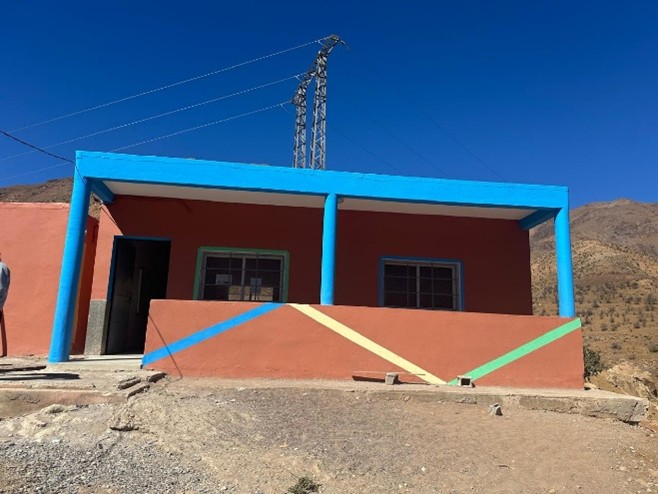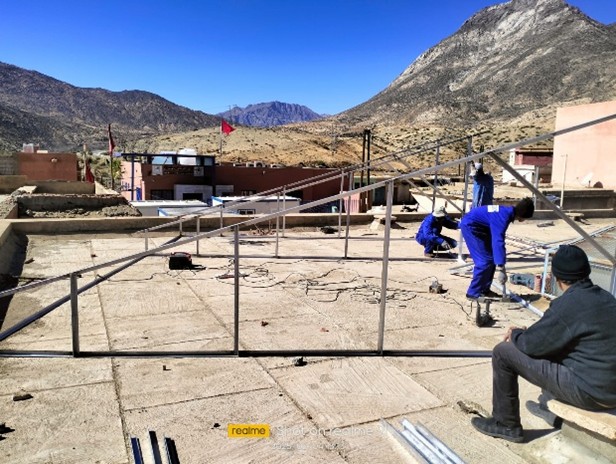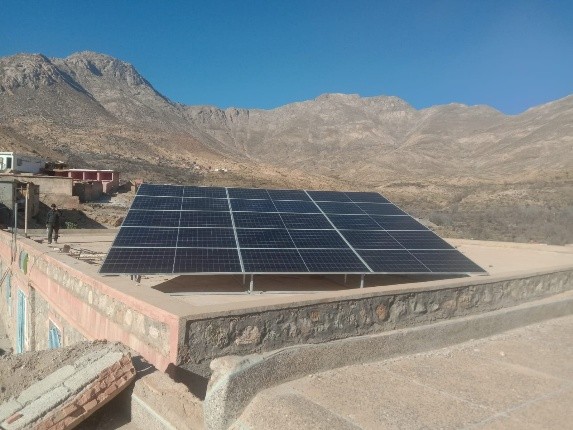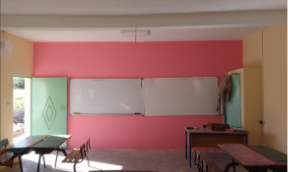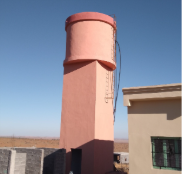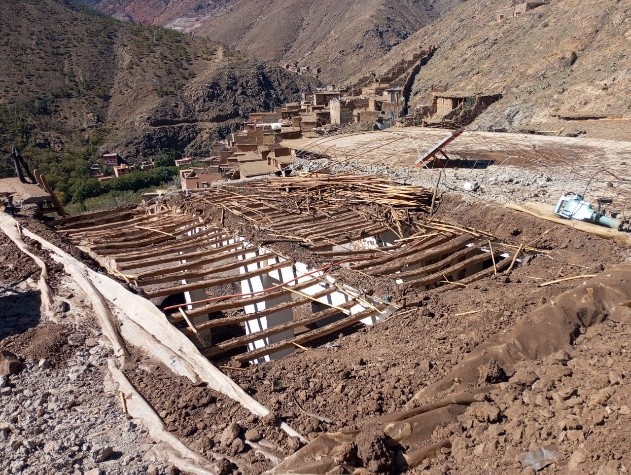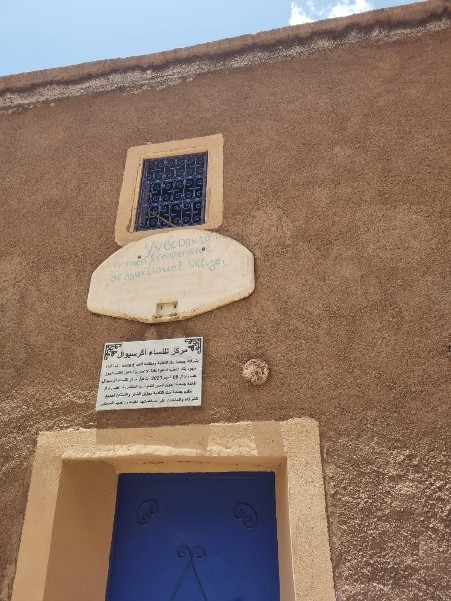Acted began its operations in Morocco in September 2023, following the September 8 earthquake. Since then, its activities have been concentrated in the provinces of Taroudant (Souss-Massa), El Haouz, and Chichahoua (Marrakech-Safi), where the organization has provided assistance to more than 23,744 beneficiaries (Sept. 2023 – June 2025), particularly in hard-to-reach areas. Working mainly on reconstruction, early recovery, WASH, green and inclusive livelihoods, and sustainable infrastructure, all of Acted's operations have been carried out through 5 local Moroccan organizations, establishing particularly strong partnerships with the Reach Out Foundation, the Moroccan Food Bank, and the Tensift Region Development Center. This approach ensures localized needs analyses for tailored interventions, while strengthening local capacities and empowering communities.
On September 8, 2023, Morocco was hit by a 6.8 magnitude earthquake southwest of Marrakech. More than 60,000 homes were destroyed or damaged, displacing nearly 100,000 people across the country. The hardest hit provinces of Chichaoua, El Haouz, and Taroudant, are rural, mountainous, and arid areas, affected by seven consecutive years of drought, limiting personal consumption, hygiene, and agricultural production. In these areas, 74% of the population depends on agriculture (walnut, almond and olive cultivation, livestock farming, etc.), which however, in 2024, experienced a 59% drop in production due to drought in the Souss Massa region. In addition to these vulnerabilities, is inequality: rural provinces account for only 35% of Morocco’s population, but contain 72% of national poverty. This socio-economic exclusion particularly affects women and youths: 54.3% of people who are not in education, training, or employment are rural women who are homemakers (2019), while youths (who represent around 40% of the rural population) face an unemployment rate of 36.7% (2024), exacerbated by the decline in agricultural activity and lack of access to education and training. The impacts of the El Haouz earthquake thus further aggravated these preexisting vulnerabilities, by destroying crops and irrigation systems, disrupting trade, breaking value chains, weakening tourism, and damaging essential infrastructure (roads, schools, community centers).
Acted in Morocco
The September 8 earthquake highlighted a lack of resilience to shocks among rural populations, given inequality, poverty, drought, and inflation. Thus, while Acted has been involved in coordinating immediate response efforts and working to rehabilitate essential infrastructure following the earthquake, it is also integrating long-term recovery initiatives for sustainable development and the reconstruction of livelihoods, prioritizing community ownership. This approach includes, for example, the rehabilitation of basic infrastructure by integrating accessible and renewable technologies, capacity building, technical and vocational training on improved reconstruction practices, and the rehabilitation of community centers for women’s cooperatives to revive their activities.
Today, these areas remain hard-to-reach, and their populations isolated. According to a survey conducted by Acted in February 2025, immediate needs currently include the resumption of income-generating activities (78% of respondents have not regained their pre-crisis means of livelihood), access to drinking water (35% of respondents report that their water sources are dry or inaccessible), health, hygiene, and sanitation (46% of respondents lack access to health and hygiene services), and the reconstruction of homes and infrastructure, only 1/3rd of which has been completed.
